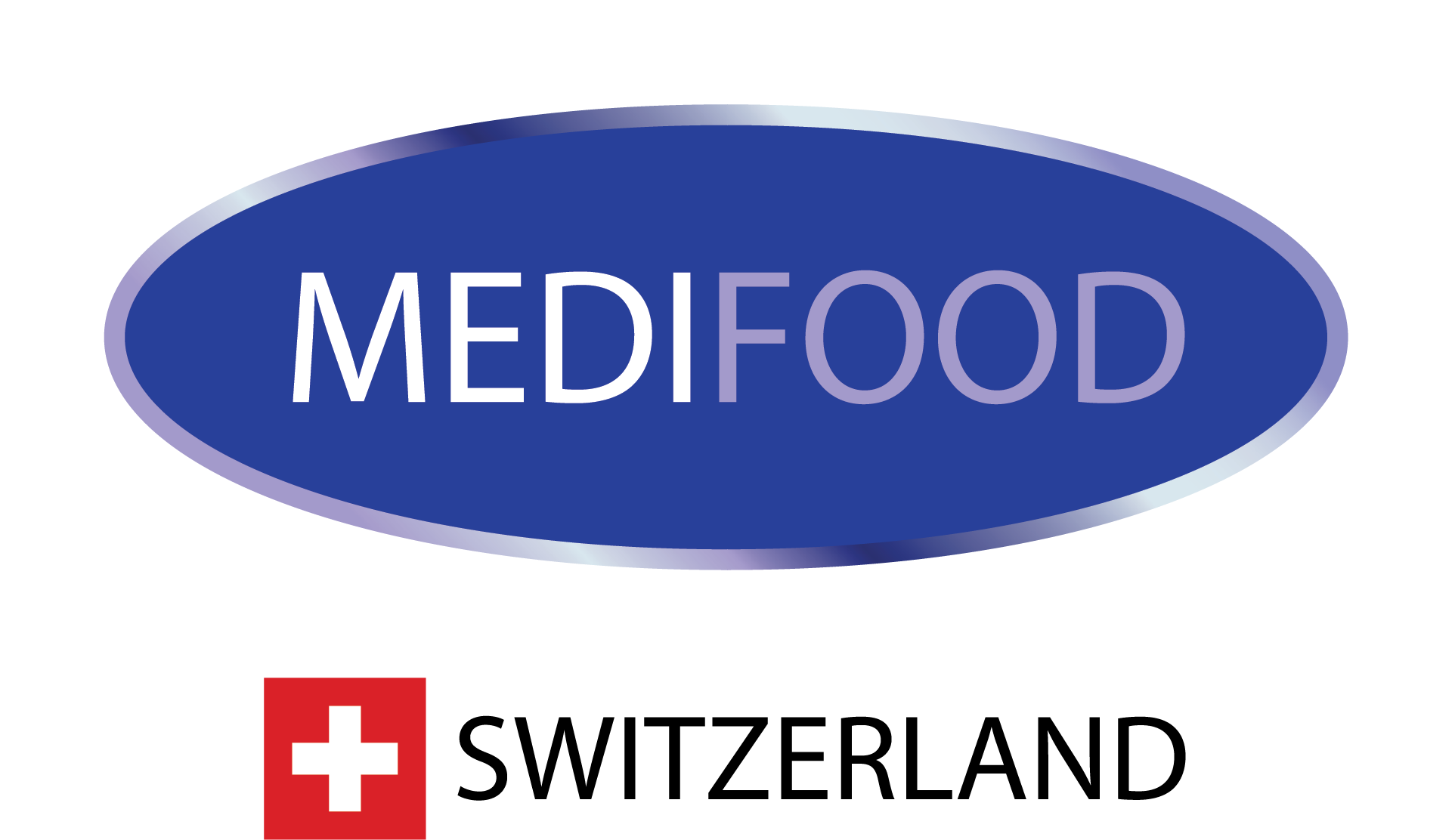Gastroenterology
- Homepage
- >
- Disease-related malnutrition
- >
- Gastroenterology
Therapeutic areas of disease-related malnutrition
- Cancers – Oncology
- Respiratory diseases – Pulmonology
- Stomach and intestinal diseases – Gastroenterology
- Age-related degenerative disorders – Elderly

In the past, protein-energy malnutrition was very common in IBD patients, affecting 70-80% of hospitalized patients. Malnutrition was more common in Crohn’s disease than in ulcerative colitis patients, with an incidence ranging from 25% to 80%, especially during the remission phase. The prevalence of protein-energy malnutrition has decreased over the years, but still remains one of the major complications in children with IBD. Weight loss is present at diagnosis in up to 90% of children, while growth failure at the time of diagnosis has been reported in 23-88%.1 Malnutrition is common among CD patients (Bischoff et al. 2020), its prevalence ranges between 16% and 85%, depending on the assessment method used (Mijac et al. 2010, Casanova et al. 2017, Balestrieri et al. 2020). 2-4
The most important causes of malnutrition in IBD are decreased food intake due to anorexia, abdominal pain, nausea, vomiting, or restricted diets; the malabsorption of nutrients due to the reduced absorptive surface because of the inflammation, resection, bypass and fistulae; increased intestinal loss due to gastrointestinal disorders; hypermetabolic states; and drug interactions with corticosteroids, sulfasalazine, immunosuppressants, or antimicrobials.5
Undernutrition has a negative effect on the clinical course of the disease, rate of postoperative complications (especially anastomosis breakdown) and mortality in IBD patients. Moreover, undernutrition causes humoral and cellular immunodeficiency, leading to impairment of the mucosal barrier and a greater risk of infection by bacterial translocation.1
Getting the right amount of nutrients is crucial for preventing weight loss and muscle wasting to help keep up strength, and to overcome weakness caused by the disease-related malnutrition. A high calorie diet has been shown to induce weight gain, an increase of the albumin level, a decrease in the disease activity, a reversal of subacute obstruction, and remission in patients suffering from IBD. 3
The main source of nutrients is normally food. However, for IBD patients suffering from disease-related malnutrition, a healthy diet is often not enough. Since the nutritional demand is increased but absorption is reduced, patients need nutritional supplements that contain high energy in low volume, so even a little quantity significantly boosts the nutritional intake. Specially formulated nutritional products are available for patients to stay well-nourished and fight disease more effectively. They come in all tastes and formats, catering for everyone’s needs.
References:
- Guagnozzi D. et al. Nutritional treatment in inflammatory bowel disease. An update. Rev Esp Enferm Dig 2012;104:479-88.
- Bischoff SC. et al. ESPEN practical guideline: Clinical Nutrition in inflammatory bowel disease. Clin Nutr 2020;39:632-653.
- Balestrieri P. et al. Nutritional Aspects in Inflammatory Bowel Diseases. Nutrients 2020;12:372.
- Mijac DD. et al. Nutritional status in patients with active inflammatory bowel disease: prevalence of malnutrition and methods for routine nutritional assessment. Eur J Intern Med 2010;21:315-9.
- Hartman C. et al. Nutritional status and nutritional therapy in inflammatory bowel diseases. World J Gastroenterol 2009;15:2570-8.
- Afdhal NH. et al. Remission induction in refractory Crohns disease using a high calorie whole diet. JPEN J Parenteral Enteral Nutr 1989;13:362-5.
- Lutz W. Dismantling a myth: the role of fat and carbohydrates in our diet. by Selecta-Verlag Dr. Ildar Idris GmbH & Co.
KG Planegg V. Muenchen, West Germany, 1986. available at: http://www.scdiet.org/7archives/lutz/lutz7.html

